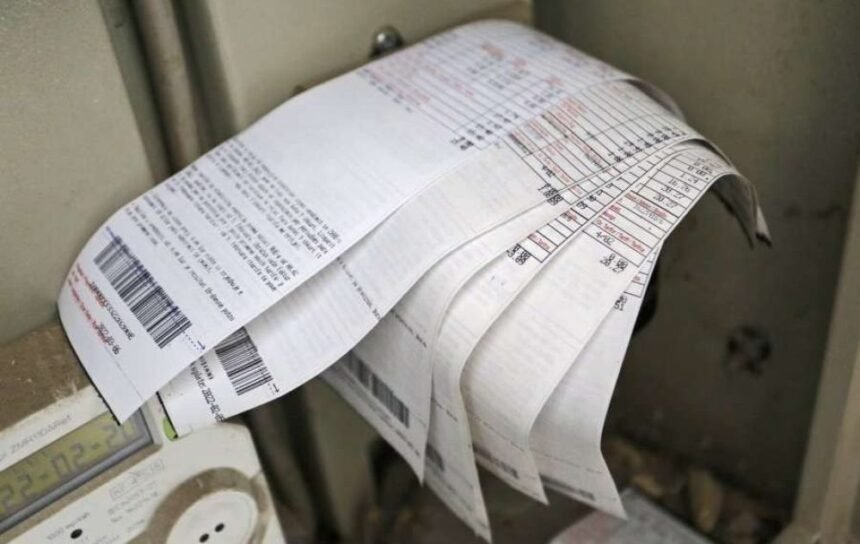The Kosovo Chamber of Commerce has requested the Energy Regulatory Office (ZRRE) to delay its decision on transitioning large businesses to the open market, citing that businesses are unprepared for such a move.
Lulzim Rafuna, the head of the Chamber of Commerce, stated on KTV’s “60 Minuta” on Monday that the current criteria for businesses with more than 50 employees and a turnover of over 10 million euros to switch to the open market are unjust and should be revised.
“Now is not the right time for businesses to transition to the free market,” Rafuna said. “We are requesting an additional year to prepare because many businesses have long-term contracts in place. At the moment, energy prices are high, which will affect consumers as well. If a delay for a year isn’t possible, then at least a solution should be found for the manufacturing sector to help businesses transition smoothly.”
Rafuna urged political parties to quickly form institutions so that legal amendments addressing the transition criteria can be made.
“We have many businesses that are just starting out, they have 50 employees, and this would be a heavy burden for them as they don’t have the capacity to manage stock markets. These shouldn’t be conditions; instead, an energy expenditure limit should be set, and businesses should move to the open market accordingly. This would be more logical and fair,” he added.
Rafuna also mentioned that Kosovo businesses have yet to reach 1 billion euros in exports, while imports have exceeded 6 billion euros. He stressed that citizens would face high prices, and businesses aren’t guaranteed a stable energy supply.
Energy expert Adhurim Haxhimusa criticized the criteria set for businesses, describing them as arbitrary. He argued that these policies are based on insufficient information, adding that Kosovo’s energy sector is on the brink of collapse.
“We’re talking about increased costs, but we’re ignoring the fact that we have an energy system on the verge of collapse. Changes are needed,” Haxhimusa said. “If businesses transition to the free market, they cannot be assured of full energy supply. There will be other problems that even the ZRRE doesn’t foresee. What happens if the energy purchased cannot be transmitted to consumers? Who will pay for it?”
Haxhimusa echoed Rafuna’s sentiment that ZRRE’s decision for businesses with more than five employees should be postponed to allow for preparation.







